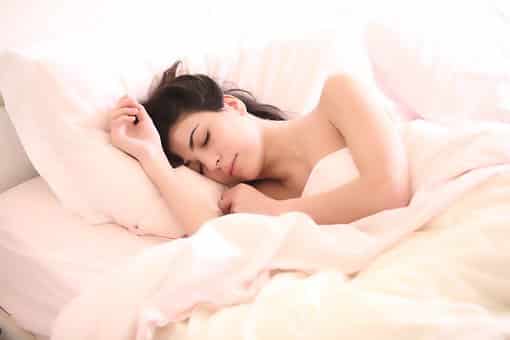The discussion about cannabis has taken the world by storm. The changes surrounding the drug have resulted due to its decriminalization for personal reasons, especially in South Africa. When it comes to research on cannabis, it all began back in the 1970s. Though laws have become relaxed on cannabis use, which was once prohibited, it’s imperative to learn about the benefits and drawbacks of cannabis when it comes to your sleep.
According to an article published on https://www.huffpost.com, there are still legal problems surrounding marijuana and cannabis. Then, research also indicates that cannabis could be a useful antidote for insomnia and anxiety. Read on to learn more.
How cannabis affects sleep
Many studies are about how cannabis affects sleep. The results are mixed. Did you know that cannabis could have a temporary advantage by minimizing the time required to doze off, improving the duration of sleep and improving the time used up in deep sleep. Deep sleep is essential for psychological recuperation, healing, and improved memory. As far as cannabis is concerned, it seems to reduce rapid eye movement (REM) sleep that is connected with learning, dreaming, and creating new memories.
Amusingly, CBD, as well as THC, have different effects on your sleep that explains couple of discrepant research studies and inference. For instance, THC helps in promoting sleep. Then, the impact of CBD on your sleep differs with dosage. A low-dose creates an invigorating effect and is related to an enhanced feeling of restlessness or sleeplessness, while high-dosage helps you to sleep. Now, you know the answer to the question how does cannabis affect sleep?
Altogether, it’s is likely that short-term cannabis usage might have certain benefits on your sleep, particularly by helping you to sleep as well as deep sleep.
When it comes to long-term cannabis use, it has a negative effect on your sleep. For instance, people might find themselves trapped in the bad habit of using cannabis to deal with their sleep issues. That is because they might familiarize themselves with the drug effects, implying frequent use. People will require higher cannabis dosage to attain similar effect. Itmightresultindifficult cannabis usage. It might result in dependency or drug abuse. Sleep disorders a key problem associated with cannabis withdrawal. It implies that if a cannabis user makes his mind to give up, he might experience even poor sleep conditions, leading to a relapse.
Patients plagued with difficult or poor sleep due to chronic pain might benefit from cannabis usage for dealing with pain and discomfort. Therefore, it is very important to balance the possible hazards and advantages of this therapy with stern monitoring by an experienced medical staff or expert.
Conclusion
The type of drug, dosage, ratios, and mode of administration play a crucial role in determining whether to use cannabis or not. More research is necessary when it comes to cannabis usage. If you have sleep issues and want to take cannabis, do so under the strict supervision of a physician or medical professional. Then, we recommend you should not use cannabis to induce sleep.
ATTENTION READERS
We See The World From All Sides and Want YOU To Be Fully InformedIn fact, intentional disinformation is a disgraceful scourge in media today. So to assuage any possible errant incorrect information posted herein, we strongly encourage you to seek corroboration from other non-VT sources before forming an educated opinion.
About VT - Policies & Disclosures - Comment Policy




